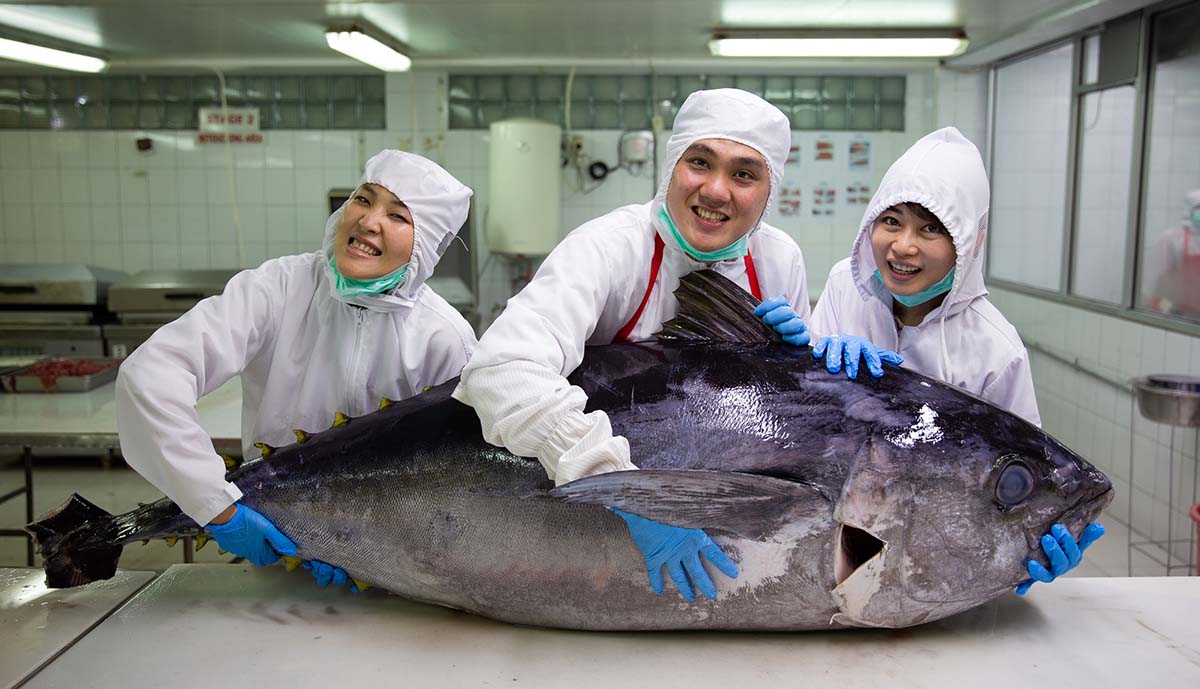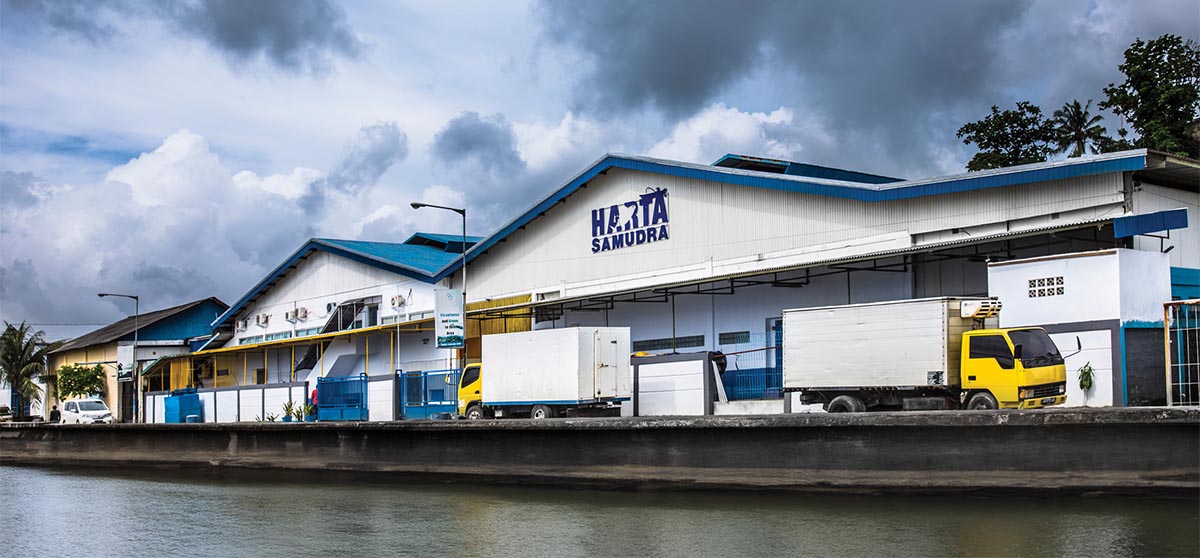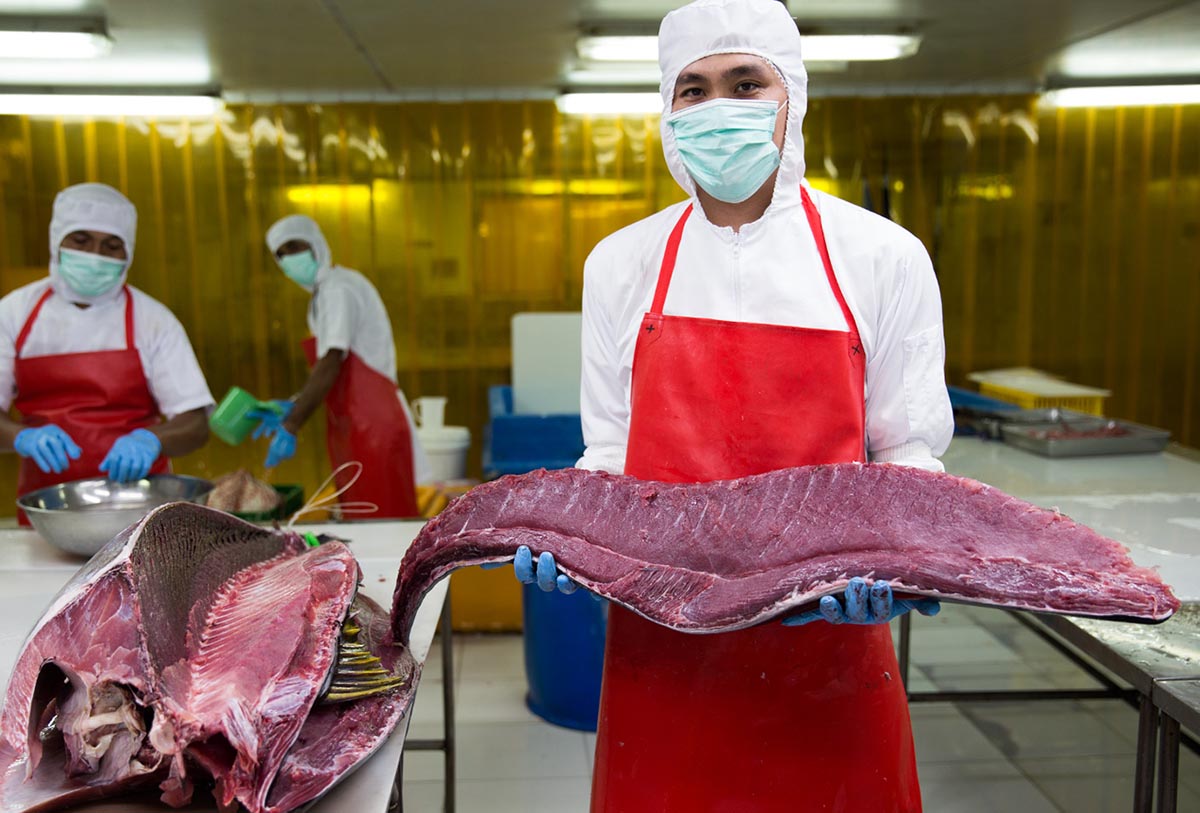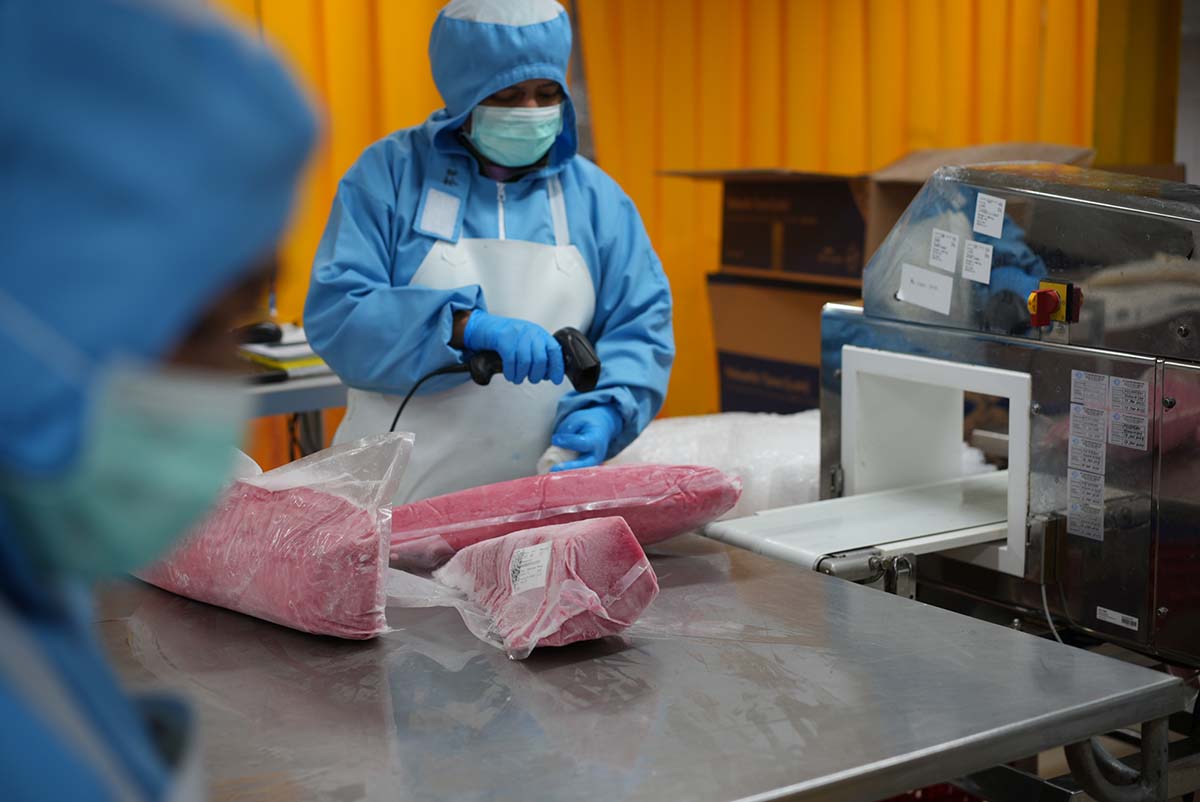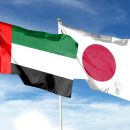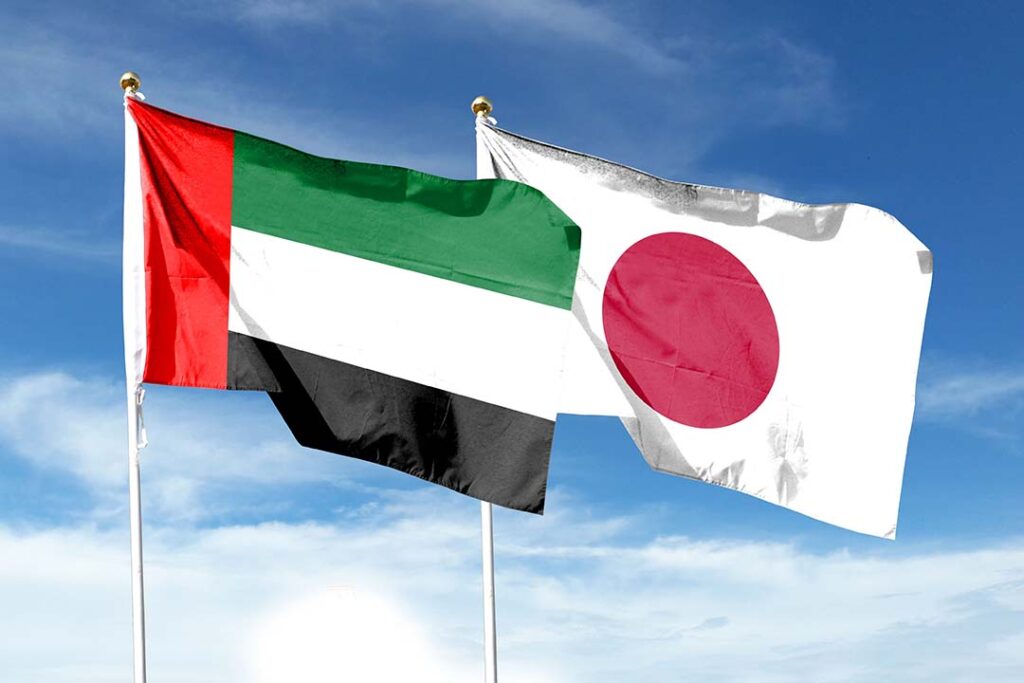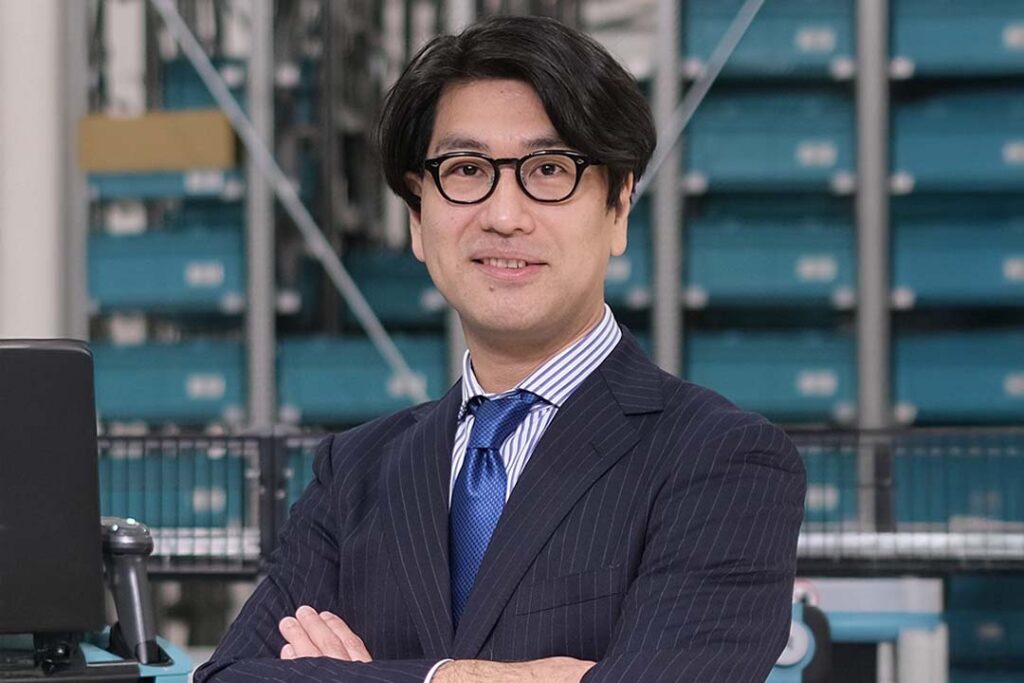For over three decades, Harta Samudra, a family-owned-and-operated venture, has been setting new standards in Indonesia’s seafood industry. Founded in 1990 by Paulus Tjoanda, the company has grown from a small fishing operation into a globally recognized leader in sustainable tuna fishing. What makes Harta Samudra unique isn’t just its dedication to sustainability—it’s the deep-rooted influence of Japanese expertise in fishing techniques that has shaped its journey.
“Our father learned from Japanese experts, particularly in handling and processing techniques, and passed this knowledge down to my brother, Robert,” shares Evi Tjoanda, Marketing Director of Harta Samudra. “Robert’s passion for the ocean led the company toward sustainability, earning MSC certification and making us the world’s first Fair Trade tuna-certified supplier.”
This family legacy of excellence has evolved through generations, blending industry expertise with modern conservation practices. The result is a company that honors its roots while embracing the future of responsible seafood production.
A longstanding relationship with Japan
From its early days, Harta Samudra has maintained strong trade ties with Japan, a country that sets the gold standard for seafood quality. “Japan prioritizes quality above all else,” says President Director Robert Tjoanda. “Other markets focus on eco-labeling or price, but for Japan, quality always comes first.”
Other markets focus on eco-labeling or price, but for Japan, quality always comes first.
Robert Tjoanda, President Director of Harta Samudra
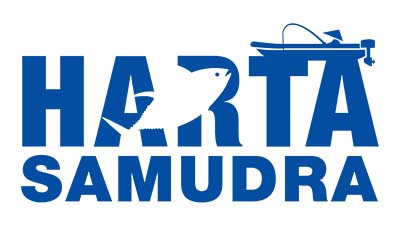
This focus on excellence is why Japanese fishing techniques, particularly the ikejime method — a precise and humane process that preserves the quality and freshness of the catch — have been integral to Harta Samudra’s approach. “The best handling of tuna comes from Japan. Even though we collaborate with NGOs from the US and Europe, they all teach us the same thing—Japanese handling is the gold standard,” Robert explains.
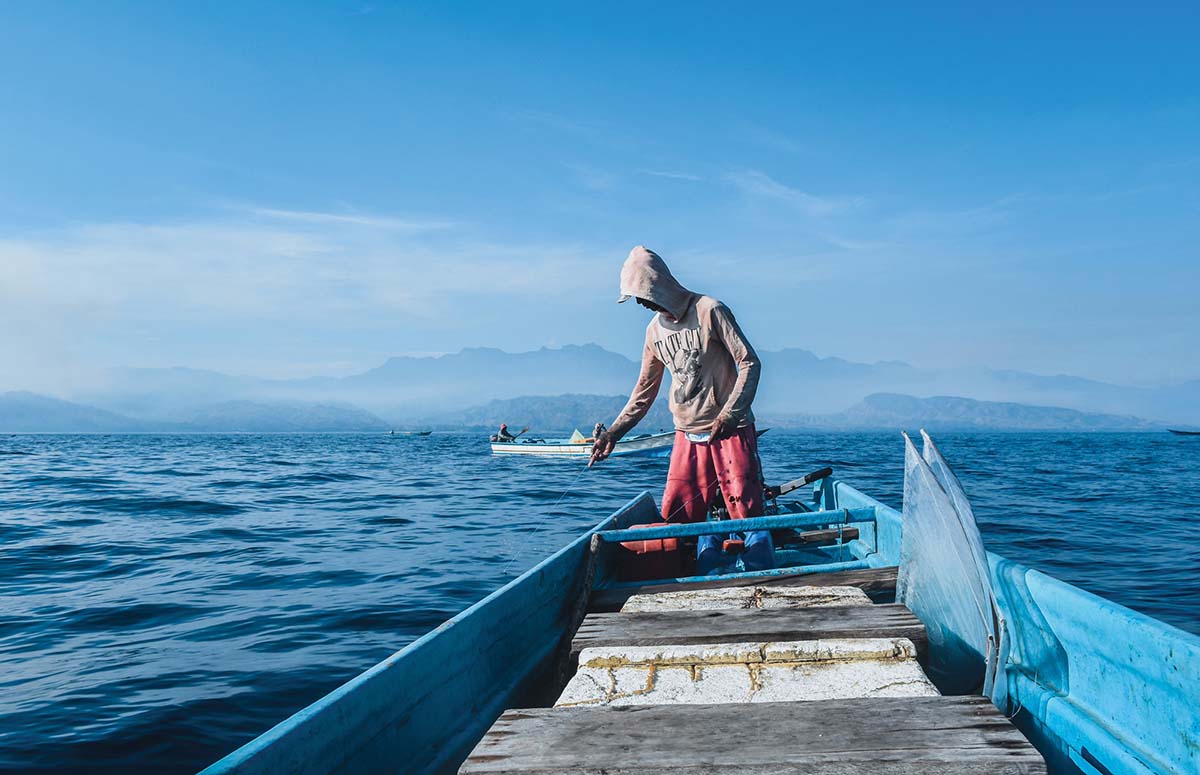
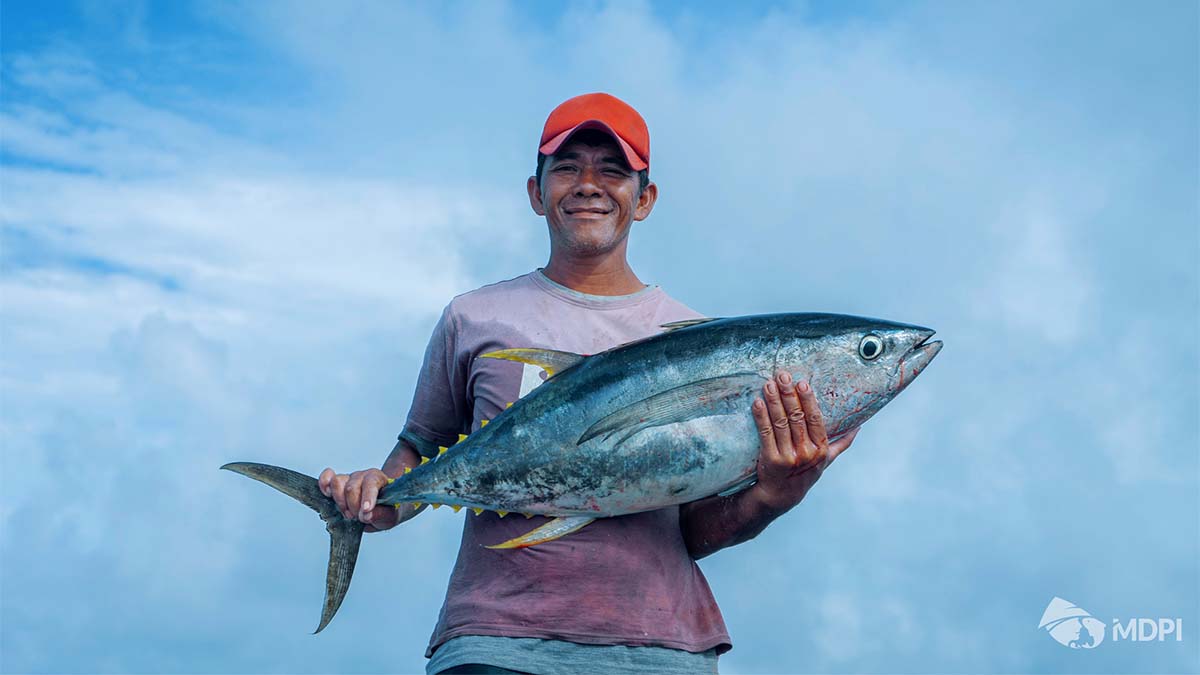
The cultural exchange between Indonesian fishermen and Japanese masters has nurtured a unique synthesis of traditions; a cross-cultural fusion that enables Harta Samudra to develop methods that honor both the product and its environment.
Committed to sustainability and innovation
Harta Samudra’s impact extends beyond premium seafood—it is a pioneer in sustainability. The company follows strict traceability standards, actively working to reduce bycatch and improve fishery management through data-driven solutions. “We want to ensure that our fishing practices not only meet international standards but also contribute to long-term marine conservation,” says Leny Virnata, Finance Director.
The company is also investing in renewable energy solutions to further minimize its environmental footprint. “This year, we hope to launch a solar-powered ice-making facility on remote islands to help fishing communities store their catch sustainably,” Robert shares.
These initiatives demonstrate how technological innovation can enhance traditional knowledge, allowing a family-run fishery like Harta Samudra to merge time-honored techniques with cutting-edge solutions to improve sustainability and preserve the integrity of their catch. In so doing, Harta Samudra creates a model for sustainable fishing that respects both heritage and habitat.
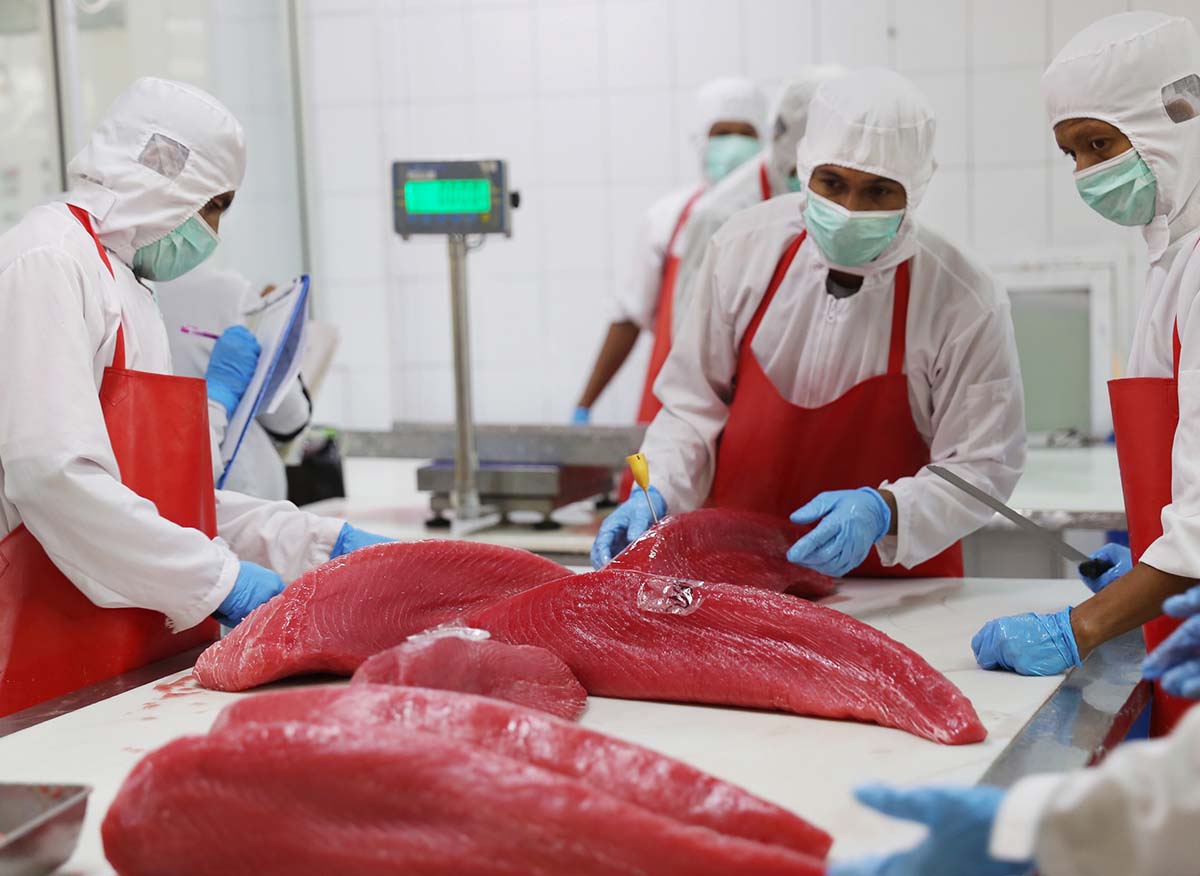
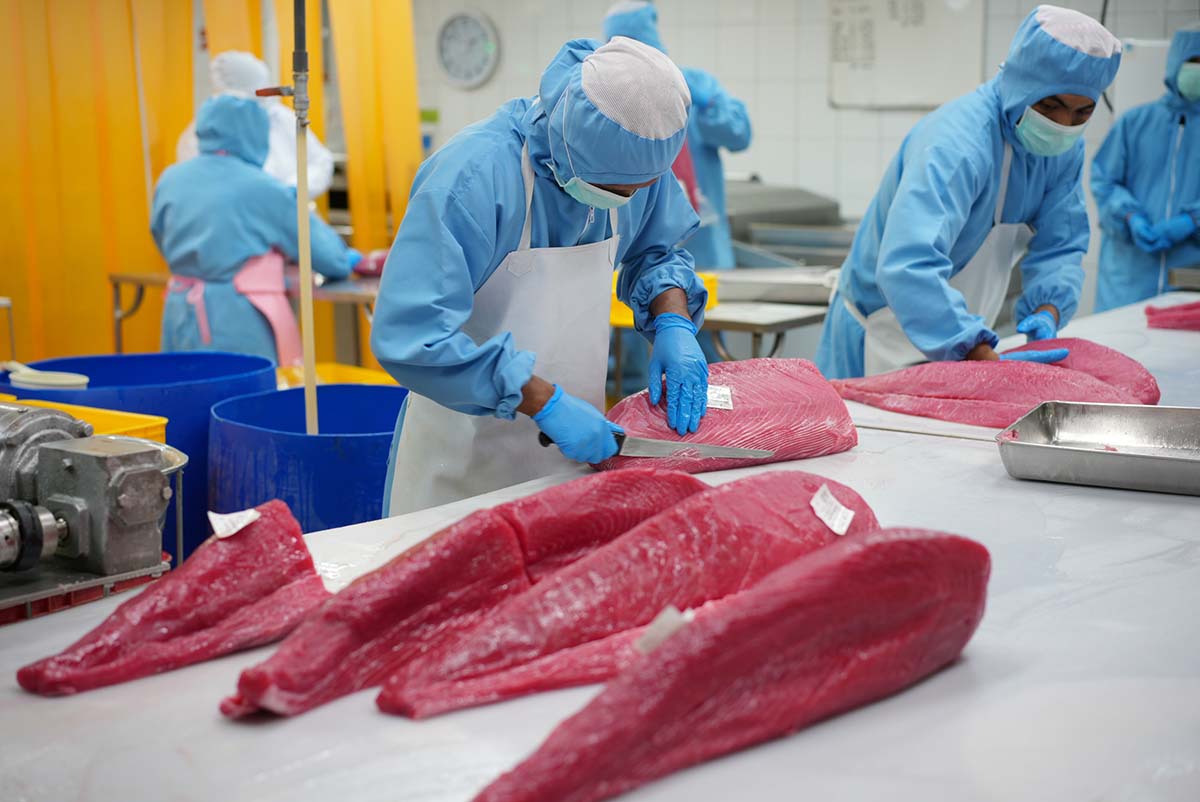
Shaping the future of sustainable seafood
With a focus on sustainability, innovation, and a deep respect for Japanese quality, Harta Samudra is transforming the seafood industry, elevating responsible production far beyond just exporting tuna. “The industry is moving towards sustainability, traceability, and responsibility. We’re already leading the way, and we hope more Indonesian companies will follow,” Robert concludes.
As it bridges the gap between time-honored Japanese fishing traditions and forward-thinking sustainability practices, Harta Samudra showcases how the two aspects can complement each other—all while delivering the finest seafood to tables around the world.

